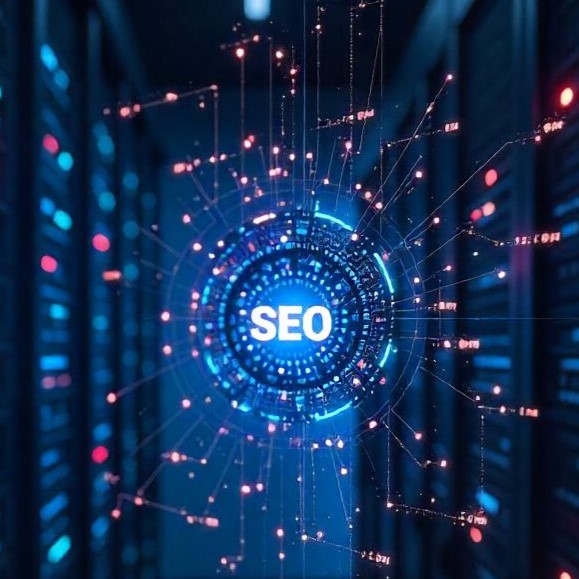
Introduction
Search engine optimization (SEO) is evolving rapidly, and artificial intelligence (AI) is at the forefront of this transformation. With search engines becoming smarter, traditional SEO tactics are no longer enough. AI-powered algorithms, like Google’s RankBrain and BERT, are changing how websites are ranked, making it crucial for businesses and marketers to adapt. In this guide, we’ll explore how AI is reshaping SEO and what you can do to stay ahead.
1. AI-Powered Search Algorithms
Smarter Search Results with AI
Google’s RankBrain uses machine learning to analyze search queries and improve rankings based on user behavior.
BERT (Bidirectional Encoder Representations from Transformers) enhances Google’s ability to understand natural language queries and deliver more relevant search results.
Takeaway: Instead of keyword stuffing, focus on creating valuable, intent-driven content that truly answers users’ questions.
2. AI in Content Creation & Optimization
Creating High-Quality Content with AI
AI-driven tools like ChatGPT, Jasper, and SurferSEO help with content generation, keyword research, and readability analysis.
AI can suggest better headlines, meta descriptions, and content structures to improve engagement.
Takeaway: AI can assist in content creation, but human creativity and expertise remain essential for producing high-value, original content.
3. The Rise of Voice Search
How AI is Changing the Way People Search
More users rely on voice assistants like Siri, Alexa, and Google Assistant for search queries.
AI-driven natural language processing (NLP) makes voice search more conversational and question-based.
Takeaway: Optimize your content for long-tail keywords and question-based search queries to capture voice search traffic.
4. AI and Technical SEO
Automating SEO for Better Performance
AI-powered SEO tools like Clearscope, Frase, and MarketMuse analyze your website’s content and provide actionable insights for improvement.
AI chatbots enhance user experience (UX) by assisting visitors, which indirectly improves SEO rankings.
Takeaway: Use AI-powered SEO audits to detect and fix issues like broken links, slow page speeds, and poor mobile optimization.
5. Personalized Search & AI
Tailoring Search Results to Individual Users
AI helps Google deliver personalized search results based on location, search history, and user behavior.
AI-driven recommendation engines suggest related content to keep users engaged on your site longer.
Takeaway: Focus on improving user engagement metrics such as dwell time, click-through rate (CTR), and bounce rate.
6. The Future of AI in SEO
AI will continue to refine search intent and improve search personalization.
Google’s Search Generative Experience (SGE) will further integrate AI into search results, changing how users interact with content.
AI-powered image & video search will make visual SEO more important than ever.
Conclusion
AI is revolutionizing SEO, making search engines more intelligent and user-centric. To keep up, businesses must embrace AI-driven tools, optimize for search intent, and focus on delivering high-quality, engaging content. The future of SEO belongs to those who adapt—are you ready?
